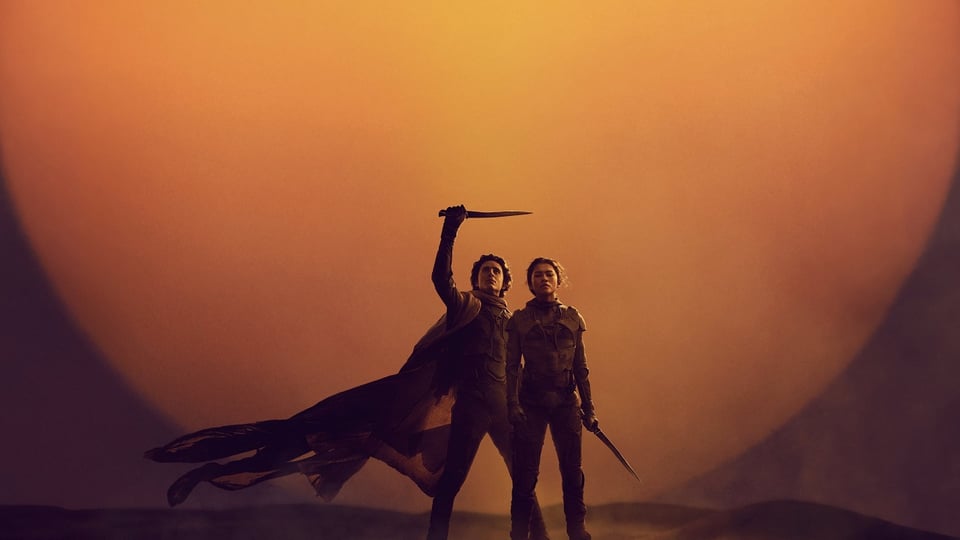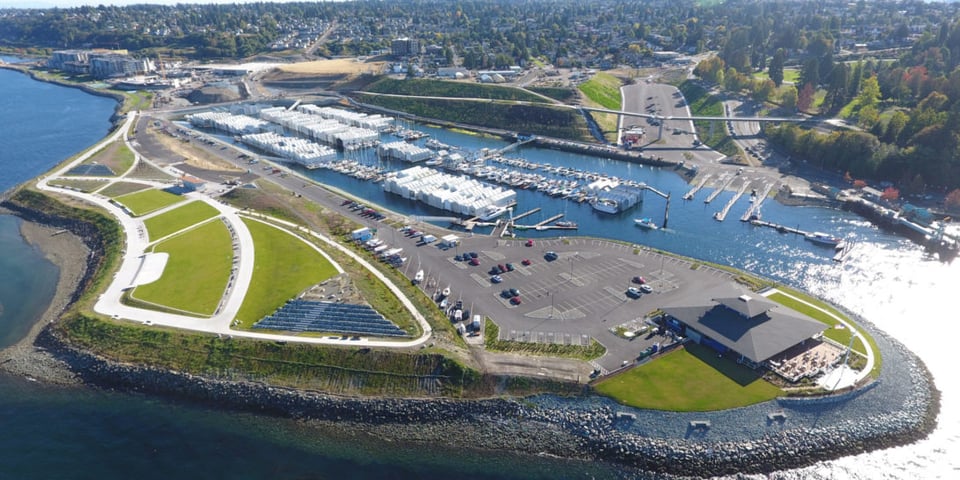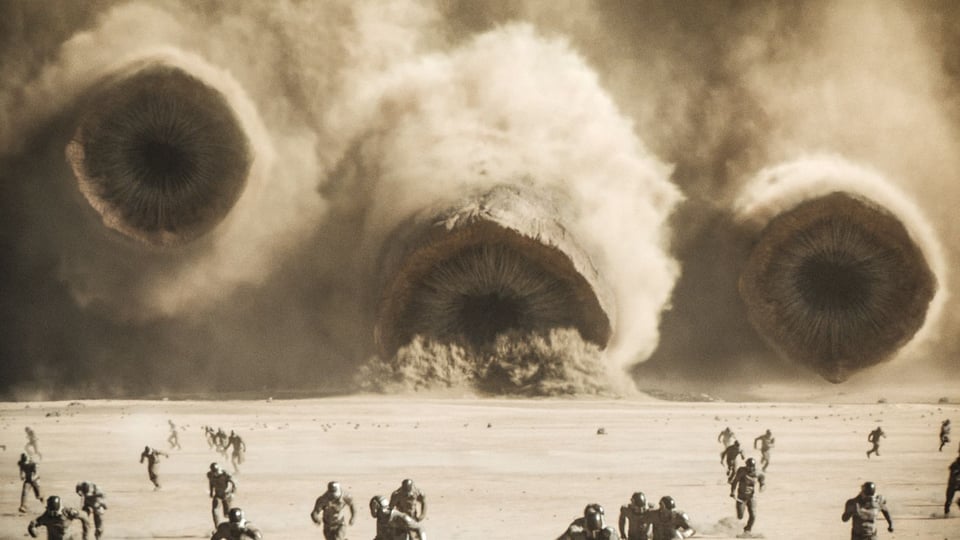A Spoiler-Free Appreciation of Dune Part II

As a nerd and a homer, I am contractually obligated to dig Dune.
Frank Herbert, the author of Dune, grew up in Tacoma and attended Lincoln High School where I taught for a decade. The Puget Sound area from where I hail, on the west side of the Cascade Mountains, is the inspiration for Caladan, the rainy home planet for House Atreides. Where I currently ply my trade, Abu Dhabi, served as the setting for the desert scenes of both recent Dune films.
Dune’s influence on both sci-fi and fantasy are notable. Both Star Wars and Game of Thrones are downstream of Dune. Jabba the Hut is Baron Harkonnen with the weight turned up. Similarly, the incessant treachery between the houses in Thrones was once sold to me at the politics of Dune applied to a rip-off of the Tolkein-verse.
This stuff is up my alley.

But also, Dune is colonial, messianic nonsense—a film where the oppressed Brown people are rescued by a dictator-to-be, bred from intergalactic eugenics. Honestly, the less you think about the politics of the books, the films, and the author, the better off you are. But if you want to think about them, this piece from Jacobin gets a lot more right than it gets wrong. I think this line summarizes my feelings about Dune best:
That the franchise has remained consistently popular ever since — if ill-served by previous cinematic adaptations — suggests something in it still resonates. Whether that something is political cynicism, white savior mythology, consumerist syncretism, ecological catastrophism, lurid orientalism, or some combination of all of these and more depends on who you talk to.
While the book Dune is genuinely remarkable, the series is uneven and at points laughable.
Depending on who is counting and what you want to count, there are either six or up to twenty-eight Dune books. My friend Katy says at some point, “Herbert started writing his own fan fiction.” Then, after his death, his son picked up the mantle, creating books that I am going to ignore and think you ought to as well.
Here’s my quick review of the Dune book series to the point I successfully made it.
Dune (1965) - Awesome! Worth all the plaudits. Sure, there are some weird parts in the second half but it’s a masterpiece.
Dune Messiah (1969) - Less awesome but still very, very good. But you can feel things starting to wobble.
Children of Dune (1976) - Buddy, this ain’t it—I found myself asking why am I doing this when I read it in 2022 and swore off the series.
3000 years in-universe time jump
God Emperor of Dune (1981) - After watching Dune: Part II on Friday, I got sucked back in. I started it this weekend and I dunno about this so far.
However uneven the books may be, the record of director Denis Villeneuve is nearly spotless. He’s arguably the most visionary filmmaker of our time, with a catalog of utterly beautiful films. He has a sense of scale and grandeur in his movies, capturing the landscapes and spacescapes (sure, that’s a word). The film adaptation is rarely better than the source material but the way Villeneuve renders the Dune-universe is truly more amazing than I imagined it and I never get to say that.

As I hinted above, the book Dune has its hiccups, mainly in the second half. I remember walking out of Part I thinking that they wisely cut the movie right when things get weird. So Villeneuve’s task in this film was picking up where arguably the plot started to falter. He nailed it.
On Bluesky, New York Times columnist Jamelle Bouie described how perfectly Villeneuve captured the complexity of the text:
I am astounded that Dune Part II even worked, to say nothing of how good it is. Villeneuve and company embraced without reservation the absolute total weirdness of Dune, while also giving us the essential message of the work, which is that destiny is a terrible prison.
That line about “destiny being a terrible prison” is a great summation of the film and what comes next in the story. The central character is handcuffed to a future he doesn’t want, but avoiding that future means the continued enslavement of an entire planet, while embracing it means becoming something terrifying. Reportedly, Villeneuve is already working on the script for the next film. This would likely cover up through Dune Messiah (Book II). I’d argue Villeneuve should stop there (and that Herbert should have as well).
If you saw Dune Part II, I’d love your thoughts. If you have thoughts about Villeneuve’s filmography, especially my fellow Sicario heads, feel free to blow up my inbox.
On Monday, I am interviewing Nathan Perl-Rosenthal about his piece in The Atlantic “Revolutions Take Generations.” I think the conversation will pair nicely with the stuff on utopian movements from the last few newsletters. Give the piece a read and look for an episode about it next week on Nerd Farmer.
As a heads-up, there likely won’t be a newsletter next week. Hope and I will be traveling back from a trip to Uzbekistan on Sunday. More on that later.
See you fortnightly.